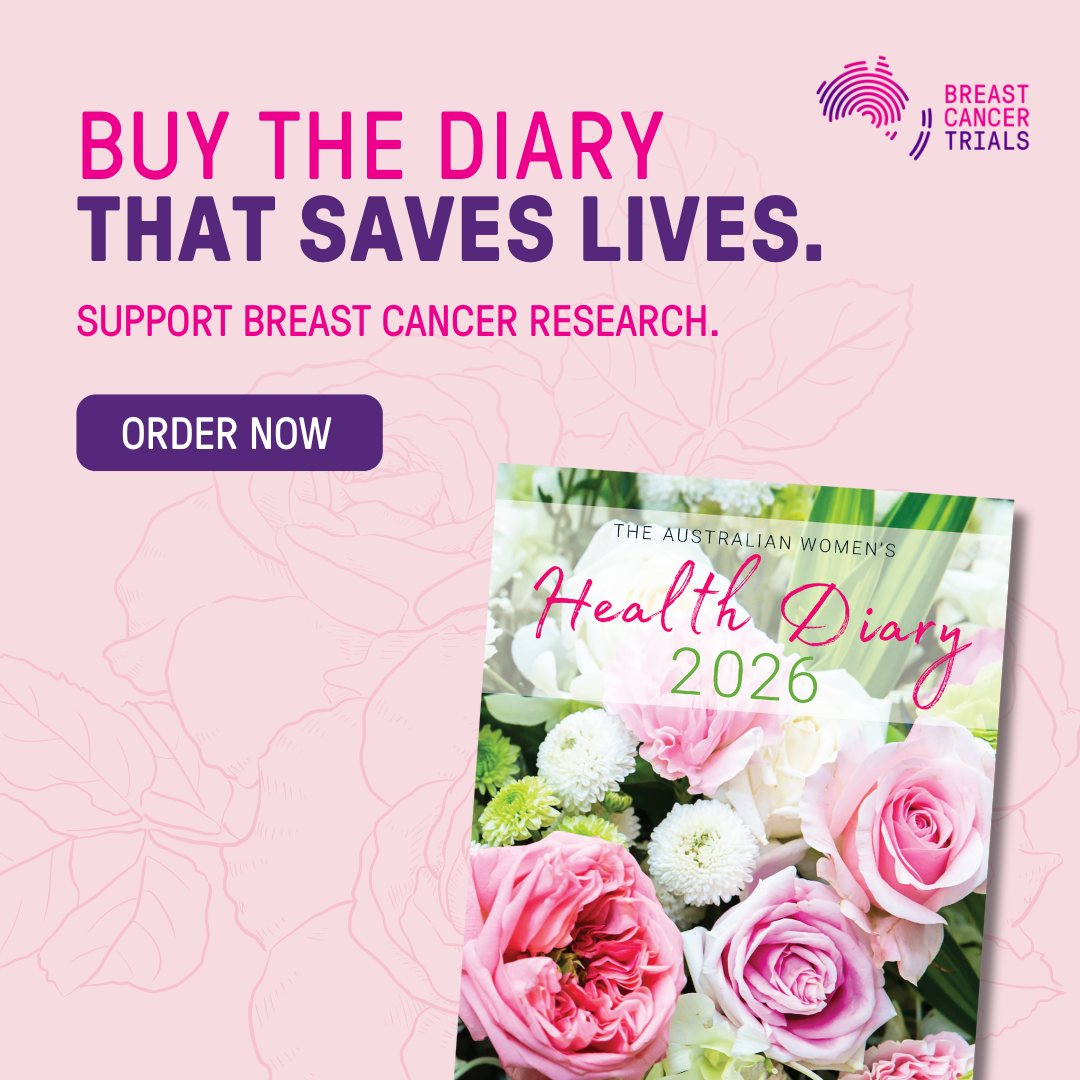A decade after she first stepped into the national spotlight, former Australian of the Year Rosie Batty says she continues to hold feelings of both despair and hope at the state of Australia’s domestic and family violence crisis.
Speaking at the National Press Club on Wednesday to mark 10 years since her son Luke was murdered by his father, Batty said transforming our culture is a “long game” but we must maintain hope.
“Between many things they have grappled with since Luke’s death, large among them is feeling the absolute despair I carry. That despite my campaigns, despite the hundreds of speeches I’ve made, despite marching, crying, and shouting from the rooftops about family violence, despite a royal commission and millions of dollars of resources to prevent violence against women and children, women and children are still being murdered at an alarming rate in Australia,” Batty said at the National Press Club.
“One woman a week is murdered by her current or former partner. Last year, 64 women were killed in instances of violence in Australia…64 deaths that we could have prevented.”
Batty said that despite the staggering statistics, Australians still cling to the “misguided belief” that violence is an issue that happens elsewhere, to other people.
“But violence is happening in every community, every suburb and it’s happening to people you know,” she said. “A recent study showed that more than 39% of Australian children were exposed to family and domestic violence.”
Batty went on to describe one “hard truth” about family violence that is staring us all in the face.
“Nearly everyone who has experienced family violence in this country, mostly women and children, did so at the hands of a man,” she said.
“More than 94 per cent of perpetrators are men. We must hold these perpetrators to accounts, yes, but we must also instill in our boys something better than this narrow and damaging definition we use to describe ‘real men’.
“This definition tells our sons that they must keep their fears to themselves or be an outsider in our culture. We must teach them instead that being stoic, tough and in control means nothing without also being compassionate, thoughtful and kind.”
Batty also acknowledged that we have made real progress in recent years, saying she believed we had seen political leadership on domestic violence.
“Family law court reform, a new positive duty law that ensure employers take action to prevent workplace sexual harassment rather than just responding when it occurs,” she said.
“We have seen critical investment in national monitoring and research mechanisms that support the growing evidence base on how we stop violence before it starts. We have seen the promise of a standalone national plan to address the disproportionately high rates of violence against Aboriginal and Torres Strait Islander women. All these advances are markers of the progress that survivor advocates have campaigned for over decades. And they are worthy of our continued attention.”
Continuing to grow a culture rooted in respect and equality is key to preventing violence from happening in the first place, Batty explained. Rather than just responding to tragedies as they occur, our focus must be on ongoing funding for prevention, early intervention, as well as crisis response and recovery – all in equal measure.
Batty also spoke about the importance of listening to children’s voices and believing their experiences.
“It’s not our children’s job to solve this problem. It’s ours. Every single one of us in the country. Yes, ministers and journalists, but also parents, friends, coworkers, and acquaintances,” she said.
“There are no easy answers, no quick fixes. But all of us together can make a difference. We are on a difficult journey, one that requires balancing reflection and hard conversations about our mistakes individually and as a society and learning from them. We have a responsibility to honour the victims of family violence.
“Over the last 10 years, we’ve seen the thousands of small steps and it’s our job to keep up the mountain and keep up hope. Remember that what we’re walking towards is a world where all women and children can live for happy, productive lives, free from the threat of violence.
“As I stand here today, I call upon all Australians to walk beside me on a path to stop the violence before it starts. And the Australian media I urge you to keep this conversation alive to keep championing a safer, more compassionate society. Together we will create a future where every individual, every family is able to thrive we must stay hopeful.”
If you or someone you know is experiencing, or at risk of experiencing, domestic, family or sexual violence, call 1800RESPECT on 1800 737 732, text 0458 737 732 or visit 1800RESPECT.org.au for online chat and video call services.
If you are concerned about your behaviour or use of violence, you can contact the Men’s Referral Service on 1300 766 491 or visit http://www.ntv.org.au.


